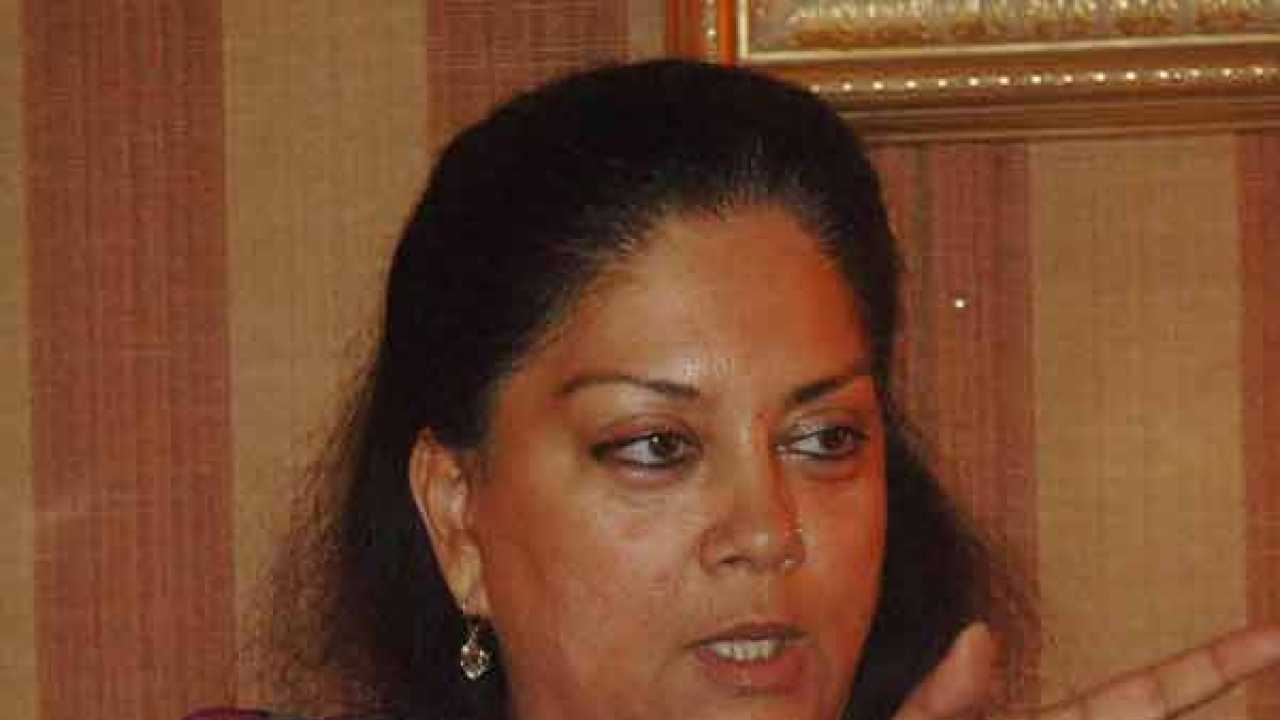
The Rajasthan government’s recent ordinance fixing minimum qualifications for those contesting panchayat elections smacks of elitism, autocracy, and failure to comprehend the realities of rural India.
Candidates contesting Zila Parishad or Panchayat Samiti polls will require a minimum educational qualification of secondary education (Class X) while those contesting sarpanch elections must have passed Class VIII. Besides ruling out nearly three-fourth of the rural Rajasthan population from contesting these elections the ordinance is heavily problematic on another count. It was issued just six days before the election process was to start without any public debate or consultations. It is unfortunate that the Vasundhara Raje government, despite its overwhelming majority in the assembly, is utilising the ordinance route. Avoiding scrutiny of such important legislations is a direct attack on the democratic rights of citizens.
The government is, perhaps, motivated by the paternalistic idea that only educated persons can deliver good governance and are suited for politics. Communist stalwart and former Kerala Chief Minister VS Achuthanandan could study only till Class VI but this did not hamper his zest for public service. Rather, Rajasthan should ask itself why its education indices and literacy rates continue to be abysmal.
Citing 2011 Census figures, activists have written to Raje pointing out that only 18% of rural Rajasthan and 5% of rural women have studied beyond Class V. For Dalits, these figures are even lower highlighting how people and minorities born into social and economic exclusion will be further marginalised by the Rajasthan government’s ill-conceived and discriminatory move. The irony is that 23 of Raje’s MLAs and nearly a dozen Union ministers are not even higher secondary (Class XII) graduates. With the bar on running the Indian and state government so low, it is laughable that the Rajasthan CM, who has a track record of autocratic actions, is placing such a high premium on running village and zila panchayats. Also, was the ordinance route necessitated by the growing dissidence within the state BJP unit? When Rajasthan became the first state to move legislations to neutralise the UPA’s Land Acquisition Act, it was not the Congress but BJP MLAs who successfully thwarted it.
In Raje’s defence, it can be argued that she is exercising her policy prerogative to adopt neo-liberal positions, having become the first state after the central regime change to push for labour reforms and industry-friendly land acquisition rules besides downsizing Ashok Gehlot’s popular free medicine scheme. Seen from this lens, the Raje government appears to be labouring under the perception that weeding out the poor and uneducated from public office could improve governance. Municipal elections have been a laboratory for state governments to implement electoral reforms that they are unable to undertake at the legislative assembly level because of Constitutional restrictions.
States like Kerala and Gujarat now have 50% reservation for women in civic bodies, with Gujarat even pushing for compulsory voting, and Himachal Pradesh and Rajasthan having direct mayoral elections, which the latter has now scrapped. While some of these are in line with the Constitution’s 73rd Amendment that sought to bring weaker sections into the ambit of grass roots governance, educational qualification as envisaged by Rajasthan is exclusionary and contravenes the Constitutional ethos. Activists claim that 70% of Panchayat Samiti and 55% of Zila Parishad members elected in the 2010 Rajasthan panchayat elections will not qualify anymore. The percentage of disqualified Dalit and women representatives would be more stark. Though the Supreme Court will take up a legal challenge against the ordinance on January 5, it is not yet late for the Raje government to make amends.